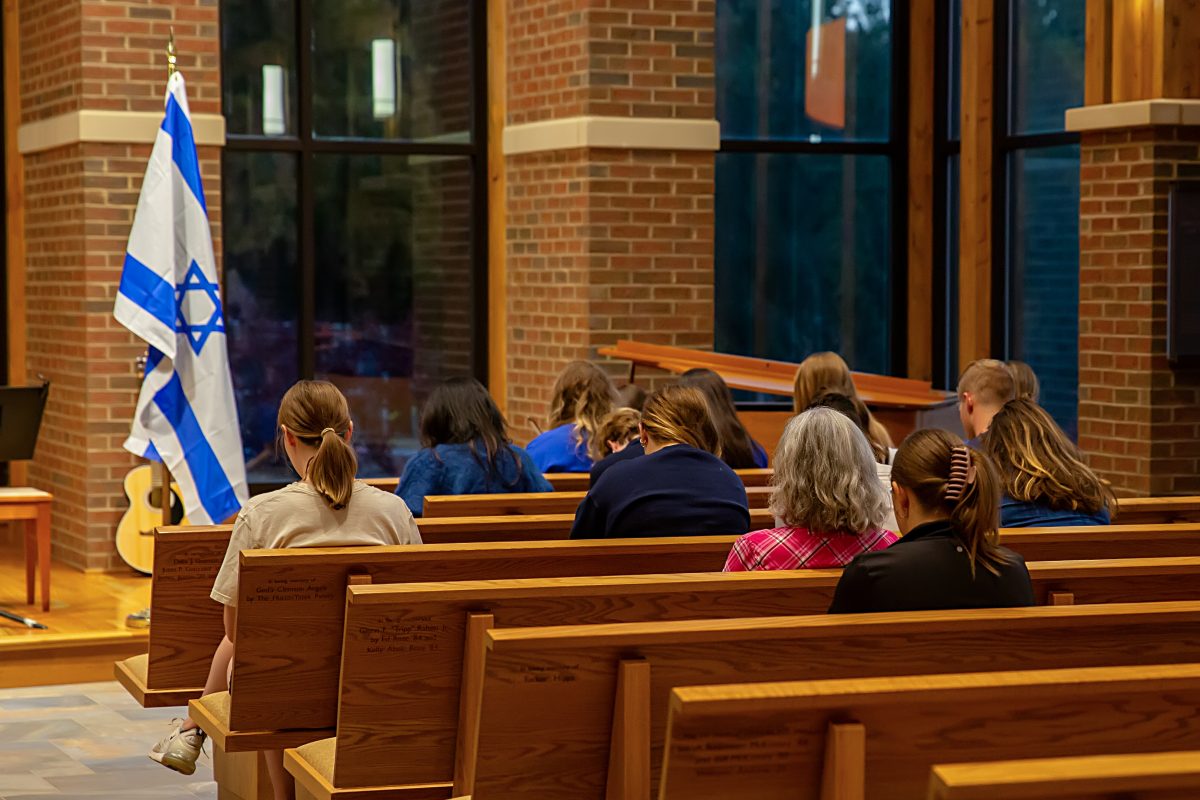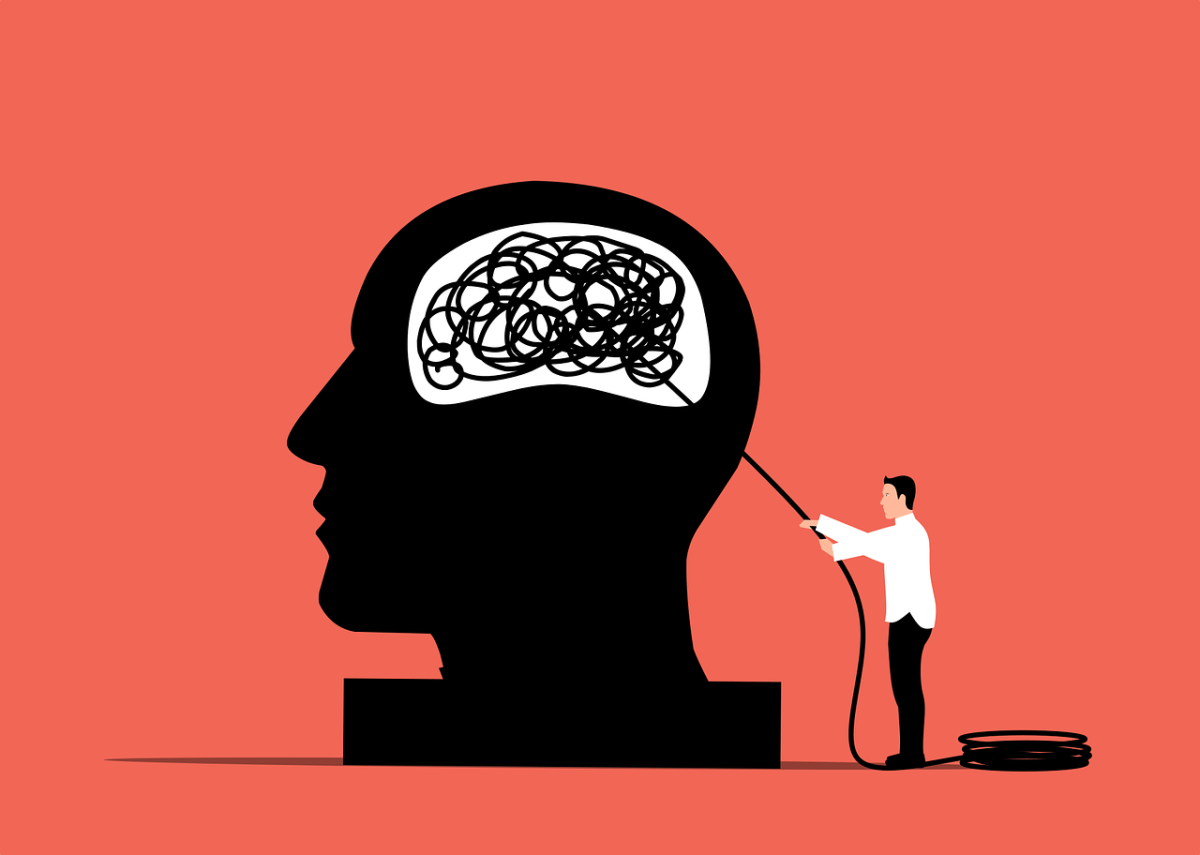Does the presence of bigotry and prejudice upset you? Does the cruelty, aggression, and suffering as a result of injustice, bother you? Do you wish that you could make a difference both on campus and in the world to create justice? It seems to me that in order to have a meaningful response to injustice and to feel empowered to take action, we must have a clear vision of the nature of justice and it’s implications.
For us as individuals, justice simply means to be fair and equitable, to be good to others and to ensure that all people receive what is their due, that is, what is their right, and it necessarily involves the qualities of truthfulness, trustworthiness and freedom from prejudice.
Why should we act with justice, why does it matter? Certainly, from a practical standpoint, it matters a great deal, but, I think, it especially matters from a spiritual standpoint, because of how it affects our consciousness and wellbeing, and in turn, the wellbeing of our community.
Justice uplifts us all, creates happiness, allows people to fully express their potential, and unifies and harmonizes community life. It is a source of joy, unity, wellbeing and is light to humanity. Injustice is just the opposite; it is darkness. It creates conflict and contention, causes great suffering for both the victim and perpetrator, and degrades and darkens society. So clearly from both a practical and spiritual standpoint, it is profoundly important.
It is important to be mindful of the spiritual dimension of justice, because it is fundamentally a spiritual reality, a moral imperative and requirement of the Law of God. If we look throughout the sacred scriptures and traditions of humanity’s collective spiritual heritage, we find a recurring emphasis on the imperative of acting with justice.
To show some brief examples, in the old testament, Micah 6:8, “And what does the Lord require of you? To act justly and to love mercy and to walk humbly with your God.” And Zachariah 7:9, “Administer true justice; show mercy and compassion to one another.”
In the New Testament we are admonished to, “love the Lord your God with all your heart, with all your soul, with all your mind…and love your neighbor as yourself.” (Matthew 22:37-40). Jesus equates these two in importance and states that this is God’s “greatest commandment.”
In Islam, in the Holy Quran, “O you who have believed, be persistently standing firm in justice, witnesses for Allah, even if it be against yourselves or parents and relatives. Whether one is rich or poor, Allah is more worthy of both.” [Quran, 4:135]
In Buddhism, prescribed in the the Eight Fold path, the four ideals of, right speech, right action, right livelihood, and right effort, all imply acting and speaking with justice.
In the Baha’i Faith, we are told that, “The best beloved of all things in [God’s] sight is Justice,” and “No light can compare with the light of justice. The establishment of order in the world and the tranquillity of the nations depend upon it.” (All quotes from the Baha’i Holy Writings.)
We see that these foundational moral texts of humanity’s collective history have emphasized this idea in order to provide for us a guide to wellbeing, peace and salvation.
For justice to be expressed, it requires will and action. If we want to see a just society, we must feel individually called, to feel responsible, to translate these teachings into reality, by manifesting these ideals in our relationships with all people, free of prejudice. And by doing so we can have a profound effect on ourselves, on each other, and on our community. We can also do so with Faith, knowing that actions carried out in obedience to these Divine commands are supported and assisted with a power far greater than ourselves.
The Tiger strives to publish a diverse set of opinions from the Clemson community. If you are interested in submitting a guest column, please review our submission guidelines.













